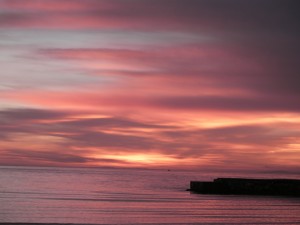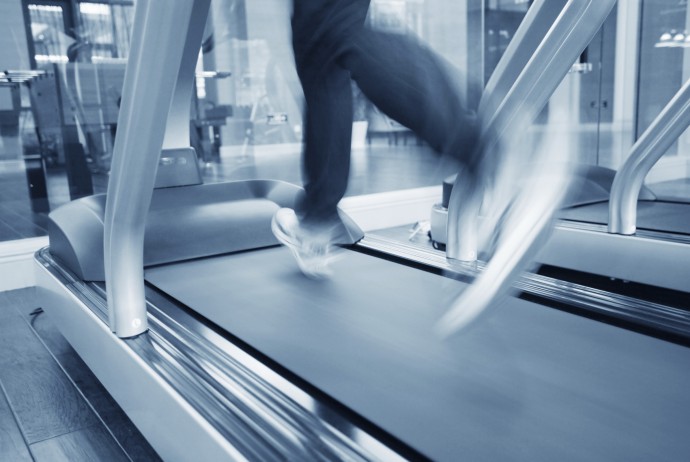
Are you on holidays currently or will you soon be? Well, please observe the people around you very carefully. Do they look like they are enjoying the present moment, being fully present or do they seem worried, preoccupied by the things they left home?
It is an interesting exercise, also for me. Let me tell you what I have seen and observed in the mountains (at least an excerpt of it). First and foremost, I saw many parents with their children looking quite tired as their little ones, full of energy, did not leave them a lot of time for themselves. Many were permanently looking for activities and excursions to do, so that the days were filled and the children occupied.
Then there were the sports and outdoor fans, not missing a single opportunity to practice the physical activity they like. In the mountains you would see them walk past very early in the morning as they would leave to climb up their next peak.
I also saw older people who sometimes look a little annoyed because of all the noise and rush.
Not to forget the many Asian and other tourists who usually don’t have much time and want to see a maximum during their stay.
All these people seemed like they were enjoying themselves; finally being on holidays and having the time to be with family, practicing some sports and hobbies or simply changing scenery. Were they able to leave their worries at home? Switch off their mobile devices and simply disconnect? To be honest, I don’t know but from experience I can tell that most of the people cannot simply let go.
It makes me wonder why we actually have to wait for holidays to enjoy ourselves. Can we not simply live our lives to the fullest every day that comes along by fully being present in every single moment?
Mindfulness certainly gives us the tools to do so. Training our brain is like training our muscles in the gym. The more we train, the better and more skilful we become in using our brain’s capacities.
Would you not want to feel free, empowered and full of energy during the whole year whatever you are doing, instead of waiting for a couple of weeks per year? I certainly do…
If you have not done so already, please follow my blog to stay tuned on Mindful Leadership & Intercultural communication issues. I will also be looking at starting a tips and tricks series as well as adding some other interesting features to my blog. Looking forward to meeting you! Jenny
 Today, I would like to share with you two very simple concepts that have deeply moved me tonight when I read them in “Leading from the emerging future” from Otto Scharmer and Katrin Kaufer:
Today, I would like to share with you two very simple concepts that have deeply moved me tonight when I read them in “Leading from the emerging future” from Otto Scharmer and Katrin Kaufer:


